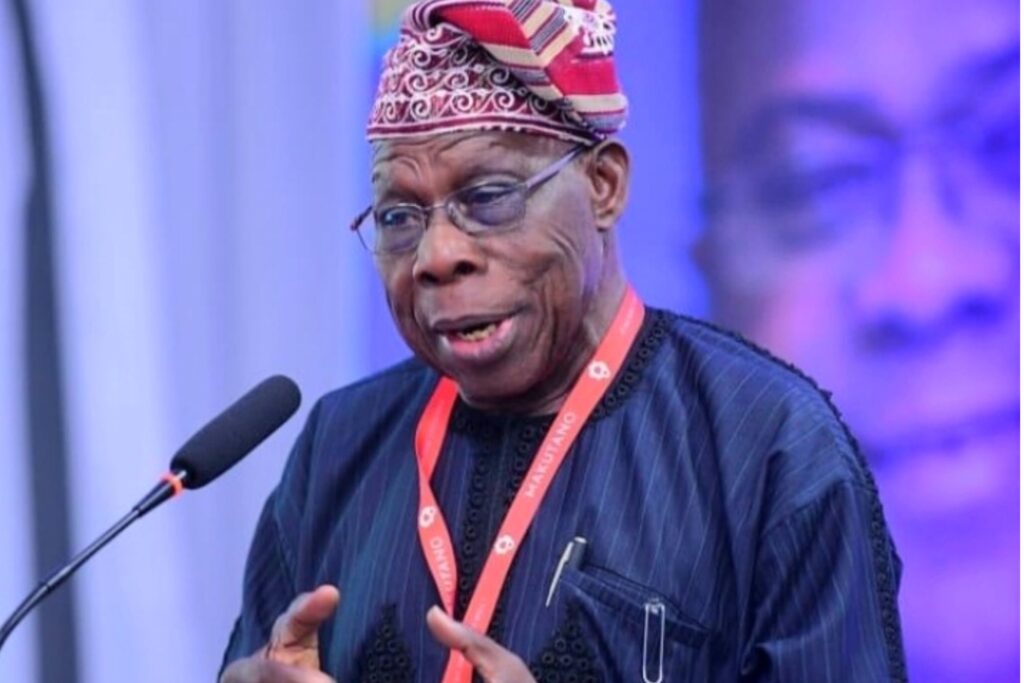By Esther Agbo
Former President Olusegun Obasanjo, in a reflection on Nigeria’s telecommunications revolution, has shed light on the pivotal role that telecom licensing fees played in shaping the country’s mobile technology sector.
At the heart of the narrative is a staggering $1.2 billion that the Federal Government earned from licensing fees during the early 2000s, which set the foundation for Nigeria’s booming telecom industry.
Speaking at the launch of a book by former Punch Editor Dayo Oketola, Obasanjo revealed a key decision made during his administration that altered Nigeria’s economic trajectory. His government made the critical move to block the sale of telecom licences for a meager $3 million, an offer proposed by vested interests from the previous administration. Instead, licenses were sold at $280 million each to telecom giants MTN, Globacom, and Econet (now Airtel), with Etisalat (now 9mobile) paying an even higher fee of $450 million when it entered the market.
He said, “When the first three mobile telecom companies came in, they were offered licenses. The cost of one of these licenses was $280m, but soon, the same license was going to be offered for just $3m by some individuals in the previous government who wanted to give out these licenses to their friends for just $3m.”
This decision didn’t just boost the economy in the short term, it laid the groundwork for one of Nigeria’s most crucial industries. The telecom sector now underpins major facets of the country’s economic and social life, connecting millions of Nigerians and fostering the growth of digital businesses.
However, Obasanjo’s reflections went beyond the numbers. He emphasised how the competition between operators like MTN, Glo, and Econet fostered innovation, driving significant improvements in services. For instance, Glo’s introduction of per-second billing, which disrupted the market, forced competitors to adapt and offer similar pricing structures. This competitive dynamic, Obasanjo noted, ensured rapid expansion of telecom services to millions of Nigerians.
“We achieved competition. The three of them were competing. And of course, the one who had the upper hand in terms of spread, I think, was MTN, followed by Glo and then there was Econet. Econet made the heart quarrel among themselves a bit, but eventually, they sorted themselves out. Well, when they came, they came last,” he said.
The former president also underscored the missed opportunities and shortcomings that characterised Nigeria’s telecom infrastructure before the mobile revolution. Despite significant investment, the country was stuck with fewer than 500,000 landlines, and telephone services were largely inaccessible to the majority of the population. Mobile technology transformed this, providing millions with access to communication and creating new avenues for economic participation.
He stated that, “The story of communication telecommunication, particularly mobile communication telecommunication, was a very interesting one, because before mobile telecommunication, we’d done a lot of things.
“We spent a lot of money. We have had companies we have invited from America, from France, even from Britain, and we did not get more than 500,000 lines with all that we have done, and people have to queue at the telephone.”

